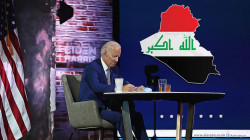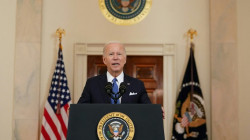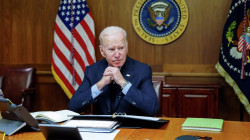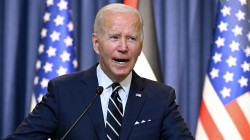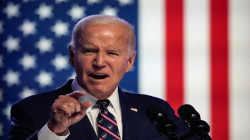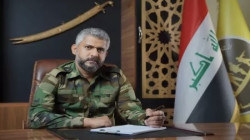Biden cites controversial Bush-era measures to sanction a strike against Iraqi leader
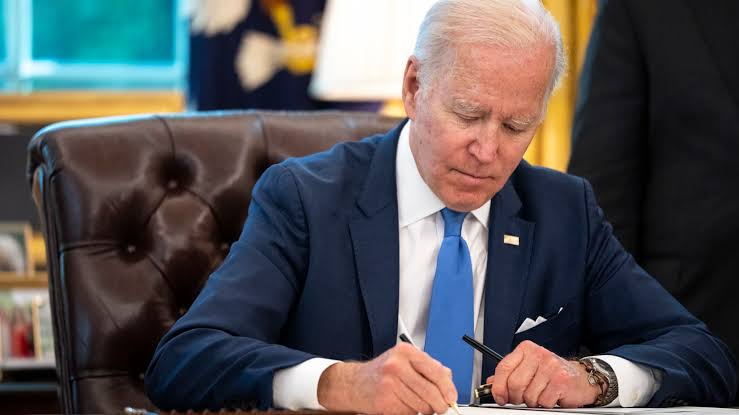
Shafaq News/ US President Joe Biden told congressional leaders on Friday that a U.S. air strike in Baghdad was authorized in part by a 2002 Iraq War measure that many Democrats and his own administration have called to repeal.
The 2002 resolution, as well as a broader 2001 measure that authorized the U.S. Global War on "Terrorism" have been the subject of fierce, bipartisan repeal efforts in recent years as lawmakers try to claw back war powers from the executive branch.
An airstrike on Thursday killed a leader of the Shiite paramilitary group Harakat-al-Nujaba who a Pentagon spokesperson said was "actively involved in planning and carrying out" recent attacks on U.S. forces in Syria and Iraq.
The Iraqi government condemned the strike against a senior figure in their capital, calling it a "flagrant violation of the sovereignty and security of Iraq."
It is the most significant U.S. air strike since the Oct. 7 attack and is believed to be a potential escalation of an already growing regional conflict over the Israel-Hamas war.
Biden said in a notification to congressional leaders that he is "providing this report regarding recent military action as part of my efforts to keep the Congress fully informed" as required by the War Powers Act.
The notification, sent to House Speaker Mike Johnson and Senate President Pro Tempore Patty Murray, said the attack was in accordance with both the 2001 and 2002 AUMFs, as well as Article 51 of the U.N. Charter 51, which provides for countries' right to self-defense.
"I directed this military action consistent with my responsibility to protect United States citizens both at home and abroad and in furtherance of United States national security and foreign policy interests," Biden said.
He called the strike "necessary and proportionate action" and said the U.S. "stands ready to take further action, as necessary and appropriate, to address further threats or attacks."
The House voted in 2021 to repeal the 2002 authorization for the use of military force in Iraq, and the Senate did the same last March for both the 2002 AUMF and a 1991 measure authorizing the Gulf War.
Both votes passed with broad, bipartisan majorities – but the 2021 repeal stalled in the Senate last session, and so far last year's repeal has been stuck in the House.
Biden's Office and Management and Budget has said it supports repealing the 2002 AUMF because repeal would have "no impact on current U.S. military operations and would support this Administration's commitment to a strong and comprehensive relationship with our Iraqi partners."
If it passes the House this year, it would be the first time in half a century Congress has voted to repeal an AUMF.
AUMFs, particularly the 2001 measure, have been cited by recent presidents to justify military operations in a broad array of countries in Africa, the Middle East and elsewhere. Former President Trump's strikes in Syria and Iran, justified by the 2001 and 2002 AUMFs, sparked fierce congressional debates over presidential war powers that have continued into the Biden era.
Sen. Tim Kaine, a leading proponent of AUMF repeal, told Axios that Biden could have cited presidents' broad constitutional authority to protect U.S. citizens abroad without relying on AUMFs.
"The fact that the Administration used the outdated 2001 and 2002 AUMFs when an Article II self-defense argument clearly would have sufficed is exactly why we need to repeal the 2002 AUMF and modify the 2001 AUMF to narrow its scope," he said in a statement.
So-called "zombie AUMFs," he said, "breed confusion and potential for abuse," noting that the administration has cited self-defense as its rationale for the move and calling for Biden to "clarify the impetus behind this strike."
